On July 26 last year, three coordinators of the anti-discrimination quota reform student movement—Nahid Islam, Asif Mahmud Shojib Bhuyain, and Abu Baker Majumdar—were taken into the custody of the Detective Branch (DB) of Dhaka Metropolitan Police from Gonoshasthaya Nagar Hospital.
Earlier that afternoon, Nahid`s family alleged that a group of plainclothes individuals identifying themselves as law enforcement officials picked him up around 3:30 p.m. from the hospital. Soon after, Asif and Abu Baker were also detained from the same facility.
Around 11:30 p.m., the DB police confirmed that the trio had been taken in “for security reasons” and would be interrogated regarding possible knowledge about the violence surrounding the quota reform protests.
This marked the second time these student leaders had been taken. On the night of July 19, following a nationwide shutdown called by the movement, all three were reportedly abducted. Nahid was picked up from Nandipara in Khilgaon and was later found injured in Purbachal in the early hours of July 21. Asif and Abu Baker, also abducted the same night, were blindfolded and abandoned five days later on July 24 in Hatirjheel and Dhanmondi, respectively. All three had been receiving treatment at Gonoshasthaya Nagar Hospital prior to being taken into DB custody again.
Asif, now serving as an adviser in the current interim government, later revealed in his book Matribhumi Othoba Mrityu that he and Nahid were confined in a place known as Aynaghar ("The Glass House").
That same night, then-Home Minister Asaduzzaman Khan Kamal told reporters that the trio was taken into custody for their own safety due to concerns over their security.
The arrests took place amid a nationwide curfew that allowed limited movement between 8 p.m. and 5 p.m. On July 26 alone, law enforcement detained at least 765 individuals as part of a sweeping crackdown. Of them, 207 were picked up from Dhaka, bringing the capital`s 10-day total to over 2,400. Nationwide, the total number of arrests since July 17 rose to at least 6,264.
Tragically, three more individuals injured during previous clashes in the movement succumbed to their injuries that day in Dhaka and other districts.
In Rangpur, Begum Rokeya University authorities extended financial assistance to the family of English department student Abu Sayeed, the first martyr of the July uprising. In Sylhet, Shahjalal University of Science and Technology students renamed the university’s main gate as Shaheed Rudra Toron in memory of Rudra, another protest victim.
Political reactions also intensified. BNP Secretary General Mirza Fakhrul Islam Alamgir called for "national unity" to push forward the opposition’s one-point demand—the resignation of the ruling government.
International concern was voiced as well. British MP Dr. Rupa Huq raised questions in the UK Parliament regarding the violence and crackdown in Bangladesh, urging the UK government to clarify its position. The Canadian government also expressed deep concern over the ongoing unrest.
Civil society organizations weighed in. Transparency International Bangladesh (TIB) issued a statement reaffirming that peaceful protest is a constitutional right, not a crime. SUJAN (Citizens for Good Governance) demanded impartial investigations into every protest-related death, a halt to indiscriminate arrests and legal actions, and the protection of student demonstrators.
Meanwhile, leftist political alliances called for a political resolution to the crisis, holding the government accountable for the deaths and destruction linked to the protests.
The Bangladesh Economic Association echoed the call for independent investigations into all casualties and property damage, demanding justice for those responsible.
The events of July 26 remain a dark chapter in Bangladesh’s recent political history, highlighting the deepening crisis surrounding the student-led quota reform movement and the state`s heavy-handed response.


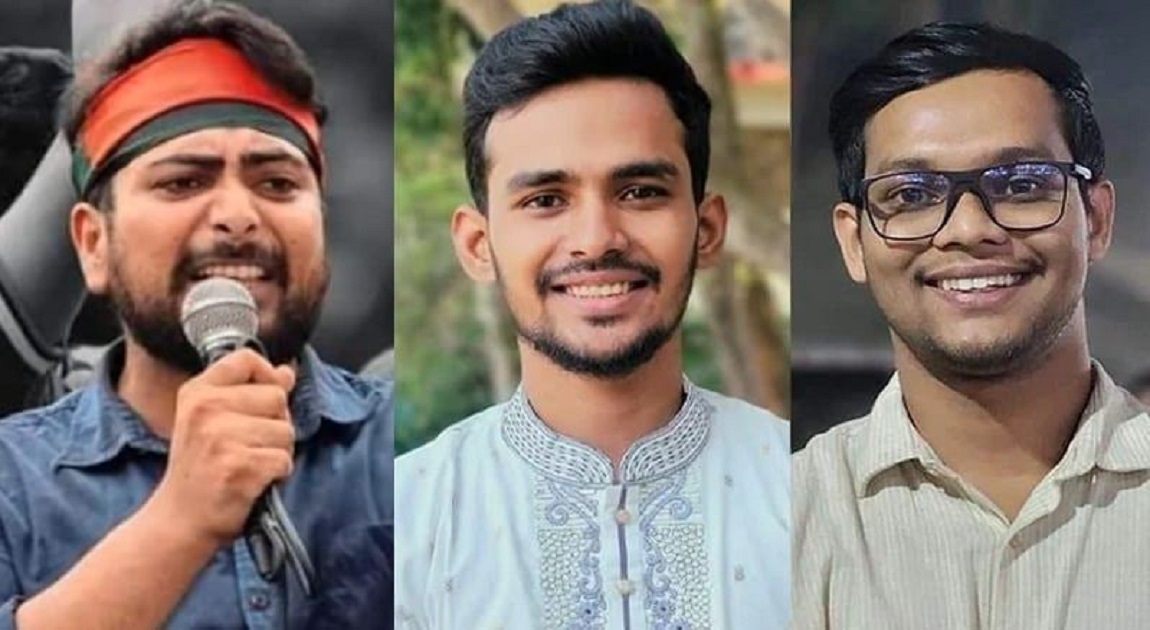

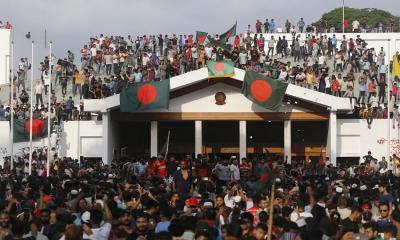
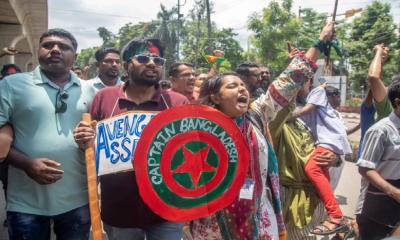
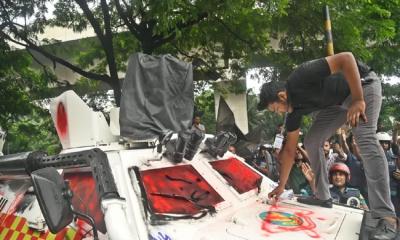
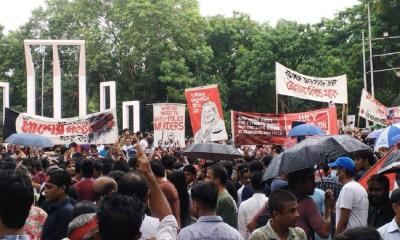
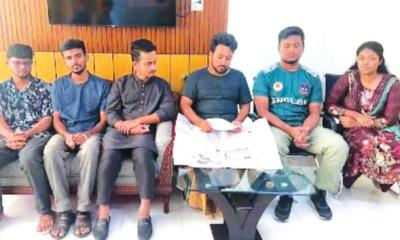
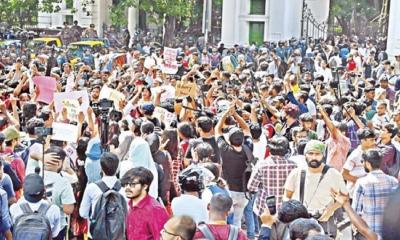




-20260226080139.webp)






-20260225072312.webp)










-20260219054530.webp)
-20260224075258.webp)





-20260221022827.webp)